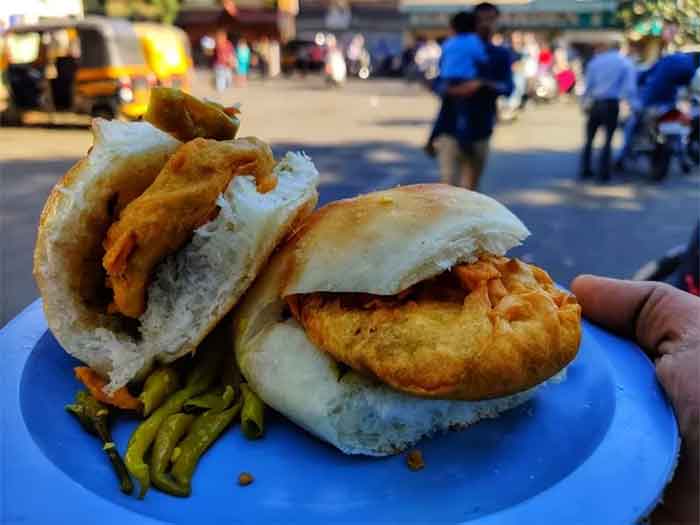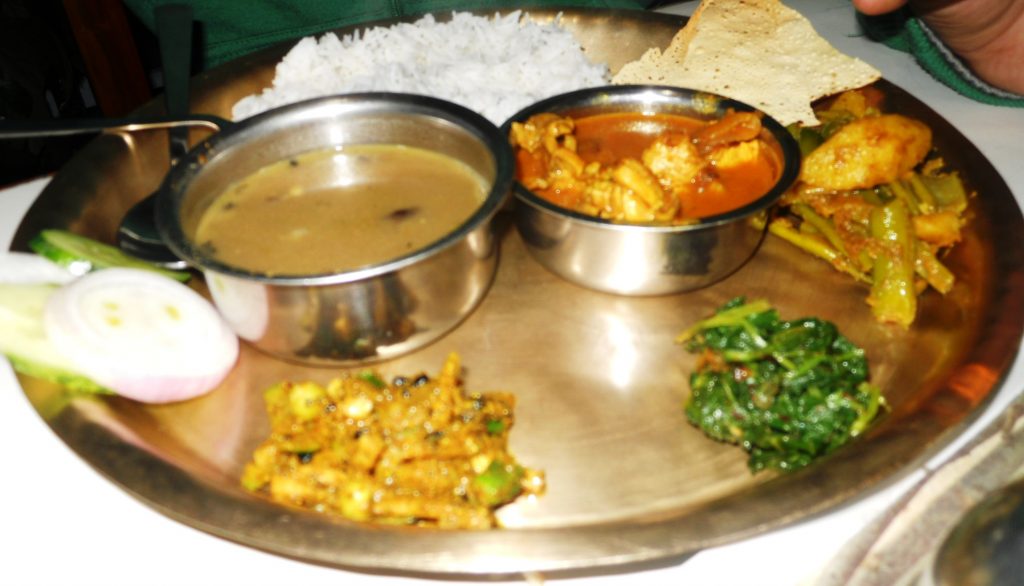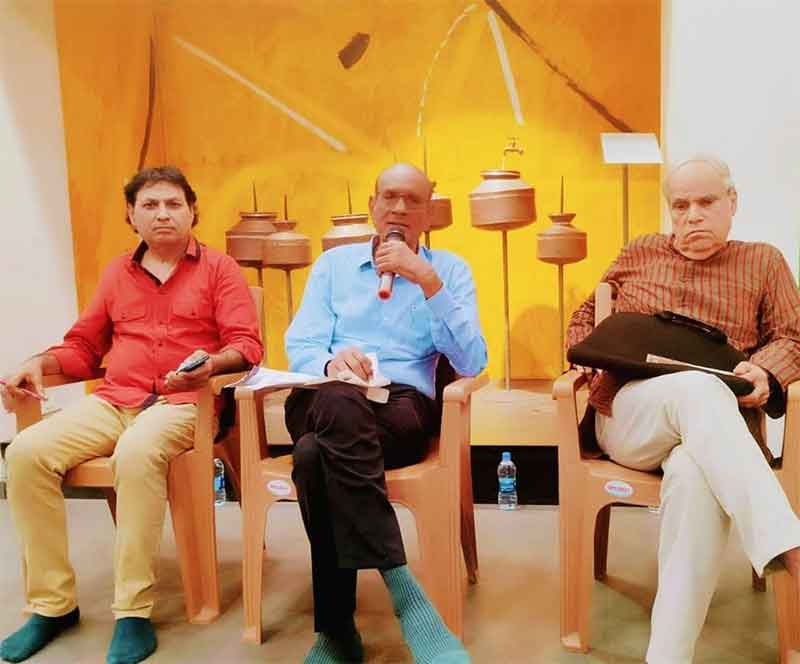
Writing about exotic food, fancy restaurants is now the in thing. Even Abhijit Banerjee, the Nobel economics prize winning economist, wrote about his own cooking and eating out in the Times of India last Sunday, December 3.
But there is almost total silence on the virtual absence of affordable eating places in cities like Mumbai, at least there is a serious decline. I remember Behram Contractor or Busybee, the popular humorist, used to occasionally eat a thali in the railway refreshment room on the first floor of Churchgate station when he lived in the Churchgate area after moving from the Parsi colony in Byculla.
There is a huge increase in eating places for the rich , in the Jio Reliance mall in Bandra Kurla complex alone, I lost count of the fancy restaurants in that single building.
On the other hand lakhs of office goers, college and school students, workers are now forced to eat from outlets on the street. This is because of a completely distorted land policy of the government. Eating street food is fashionable for the well off but they do it once in a while. For daily survival millions are forced to eat in undignified conditions in Mumbai on the road. Delhi allots much more space for dhabas where one can sit comfortably and get much tastier and lower priced paathas than the overrated paatha gully near Chandani Chowk.
Much of the upper class is totally ignorant of the government and builders’ rigging of the land market is eager to blame hawkers, food vendors. Hawker menace is the favourite term and it is expressed in this headline in the Times of India, Mumbai, of December 3 – Old Lokhandwala residents grapple with new Khau Gully Menace.. I can understand the inconvenience caused to the residents.. The problem is our whole planning process, the politicians, upper class are responsible. So we find an easy target, the hawker, the food vendor.
With the huge increase in the number of the rich in Mumbai in the last few decades there is also a big rise in the number of service personnel doing all kinds of jobs. Where will they eat ?. Formerly few low rise buildings had watchmen, now every building has more than one. So a class of tea sellers carrying flasks going from one building to another has arisen.
The sprawling Lokhandwala complex itself could have easily solved some of this problem with a bit of planning. Much of this land belong to one family , Walawalkars. But the whole gated community mindset is ugly, anti poor, the residents abhore even the sight of the poor.
There is failure of planning right from the beginning with the rise of the first corporate district Nariman Point right in front of the state government headquarters Mantralaya in the 1960s. There is still not a single affordable restaurant there.. So outside the posh corporate offices one finds most people have no alternative but to eat out in the open.
In contrast Mantralaya used to provide a nice affordable Square Meal thali for its employees in the canteen, it probably still does. The government can still provide land for affordable eating out for ordinary people in this area. It has lot of it which it wants to sell to raise funds for its dreadfully expensive Metro rail network. There are still a lot of ministerial bungalows there , these days they are all named after Shivaji era forts, like Vishal Gad and Simha Gad.
The Bandra Kurla complex which came up later i did provide for a food court near the MMRDA Mumbai Metropolitcan Region Development Authority and Kala Nagar. But there is not even a tea shop over several acres beyond including the Ambani cultural centre, American consulate and Ambani school. This is in flagrant violation of all planning norms.
Street food was virtually unknown in Mumbai till four decades ago. Perhaps,the first zunka bhakar and pav bhaji stall came up in the Fort area between Capitol cinema and the municipal head office building. It was known as Canon caterers run by a former army captain Appa Dandekar who used to live in the historic Esplanade Mansion near Jehangir art gallery, yes many middle class families lived there.
If the urban land ceiling act had not been repealed by sauve leaders like Manmohan Singh during the onslaught of neoliberalism and if the government had used its powers to put to public use some of the huge land which became available with the closure of industries, we would not be facing such land crisis.
Many of the posh restaurants over the decades have flouted numerous regulations, most starkly seen in the disastrous fire in the Kamala mill compound in Mumbai.
Yet, it is the ordinary hawker who is enthusiastically vilified.
Thousands of hawkers are being displaced by multinational corporations , our cuisines are being destroyed, our culinary imagination enslaved, points out Nandita Haksar, author of an unusual book on food called Flavours of Nationalism. She is the worthy daughter of P.N. Haksar, a former principal adviser to Prime Minister Indira Gandhi. If some of our bureacurats follow him to even a small degree we would have a good administration.
Vidyadhar Date is a senior journalist, culture critic and author of a book on public transport














































